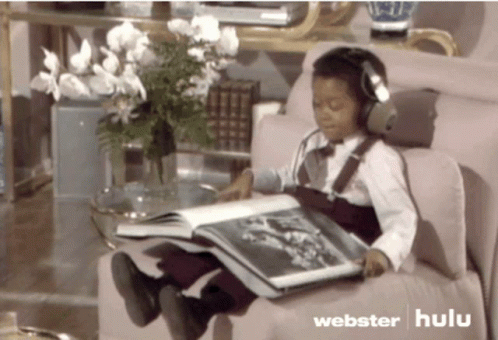Audiobooks can be just as good for you as print books
and so it still counts as reading.
As a writer, I love print books, I love the feel of them and their smell, and I can lose myself in reading one. I have had many fond memories and experiences lost in the pages of a print book. I have also lost myself just as intensely in an audiobook while cleaning my house, or going for a walk, or on a long car trip.
But as an ADHDer, I know the feeling…



